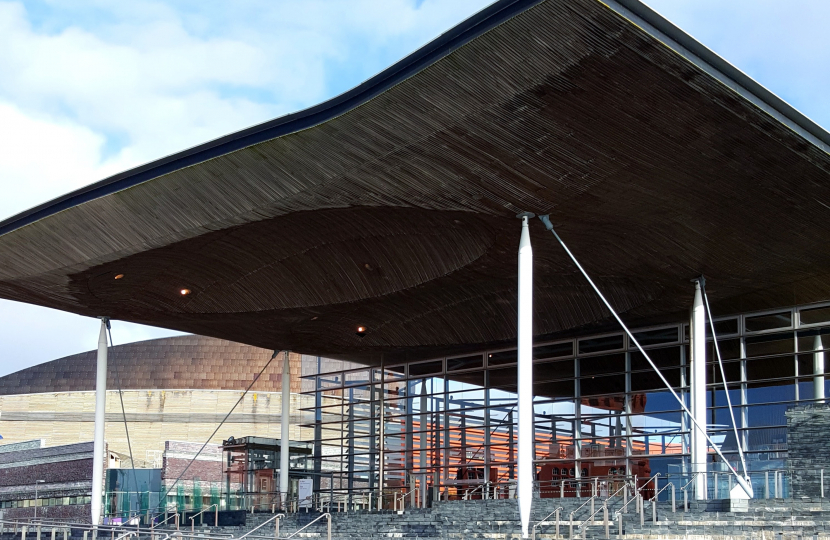
Wales is currently facing many big issues. Fuel and food prices are rising rapidly, people are struggling to access GP and dental services, and we do not have enough teachers to provide a good standard of education for our children.
In North Wales in particular, failings in Betsi Cadwaladr University Health board continue to dominate the news.
The Emergency Department (ED) at Ysbyty Glan Clwyd has been designated by Health Inspectorate Wales (HIW) as a “Service Requiring Significant Improvement”, with patient safety at risk. Only a few days after this worrying news, it was revealed that the same department is the worst performing in Wales, with 2 in 3 patients waiting over four hours to be seen. And last week there was further cause for concern when the most recent assessed grades of stroke units showed that all stroke units in North Wales are underperforming.
These are all serious issues which the Welsh Government should be prioritising.
But instead the attention of those leading in Wales is firmly focused on expanding the Senedd.
Last month Labour and Plaid Cymru announced their plans to increase the number of Senedd Members from 60 to 96.
The plan would involve scrapping the first past the post system, currently used to elect 40 of the 60 Senedd members as well as MPs at Westminster and councillors, for Welsh Parliament polls.
Instead all members would be elected using a system of proportional representation - specifically, the D’Hondt method, which is already used to allocate regional Senedd seats.
Voters would back a party list rather than a candidate, and would be unable to reject any individual candidates nominated, severing the direct accountability link which currently exists between first past the post MSs and their constituents.
Political parties would be forced to nominate lists equally made up of men and women, with candidate lists alternating between men and women in a system known as zipping.
Each of the 32 new Parliamentary constituencies in Wales proposed by the Boundary Commission for Wales would be paired, creating a total of 16 Senedd constituencies, and each of those constituencies would elect six members.
The cost of making these huge changes is expected to be around £100 million over the five years of the next parliament, with the people of Wales footing the bill.
The simple fact of the matter is Wales does not need more politicians in Cardiff Bay – we need more teachers, doctors, dentists, and nurses.
Labour and Plaid have not asked the people of Wales if this is what they want, in fact they did even provide the courtesy of an oral or written statement to the Senedd before announcing their plans to the media.
While the Welsh Conservatives have always been clear that we oppose plans to increase the number of politicians in Wales, we have accepted that there is a majority in the Senedd for change and, for that reason, we had played a constructive role in the work of the Senedd Reform Committee until they tried to thwart its work.
As the Secretary of State for Wales said in the House of Commons last week “the proper course of action for Welsh Government is to seek the approval of its voters before proceeding with any of these costly measures”.
As we recover from the pandemic, we should be focusing of fixing our broken NHS, improving our education system and firing up the economy, not asking the people of Wales to pay millions for more Senedd Members!
To take part in Darren’s survey on the reform, please click on the following link: Electoral Reform Survey | Darren Millar MS
